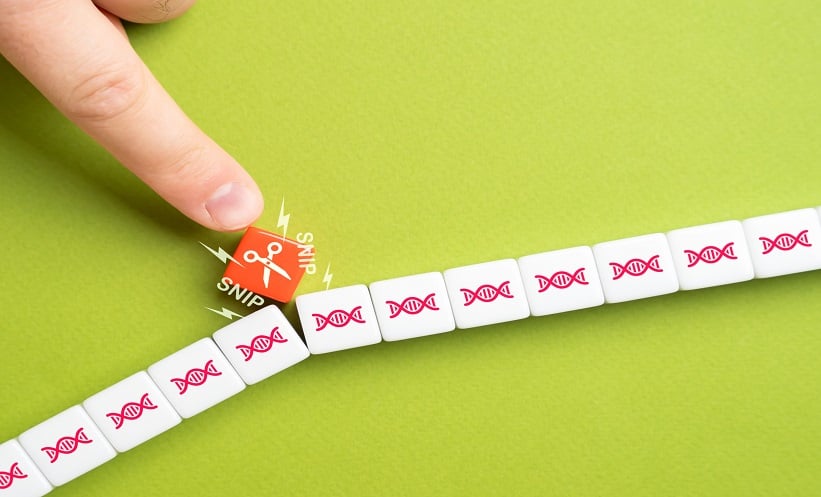A RECENT study examined the role of TP53 mutations or deletions in the prognosis of myelodysplastic syndrome (MDS) patients undergoing allogeneic haematopoietic stem cell transplantation (allo-HSCT), with a particular focus on haploidentical HSCT (haplo-HSCT). While previous studies have suggested that TP53 mutations have minimal impact on the prognosis of acute leukaemia patients post-haplo-HSCT, the effect on MDS patients remains unclear.
In this study, 261 MDS patients with known TP53 status were included, with 37 patients having TP53 mutations or deletions (TP53mut/del). The results revealed that TP53mut/del patients had significantly worse outcomes compared to those with the wild-type TP53 gene. Specifically, the 2-year cumulative incidence of relapse (CIR) was 46.2% for TP53mut/del patients, compared to 17.0% for TP53 wild-type patients. Additionally, the 2-year disease-free survival (DFS) was lower for TP53mut/del patients at 41.8%, compared to 68.9% for those with the wild-type gene.
Interestingly, while the presence of TP53 mutations or deletions affected relapse and DFS, it did not significantly impact overall survival (OS) in haplo-HSCT patients, with rates of 66.7% and 75.2%, respectively.
The study also identified post-transplant measurable residual disease (post-MRD) positivity and time from diagnosis to transplantation as independent risk factors for poor outcomes. Further research is needed to fully validate the effects of TP53 alterations on OS in haplo-HSCT patients with MDS.
Helena Bradbury, EMJ
Reference
Zhou C et al. Impact of TP53 alteration on allogeneic hematopoietic cell transplantation outcomes for myelodysplastic syndromes. Bone Marrow Transplant. 2025; doi: 10.1038/s41409-025-02511-7.







